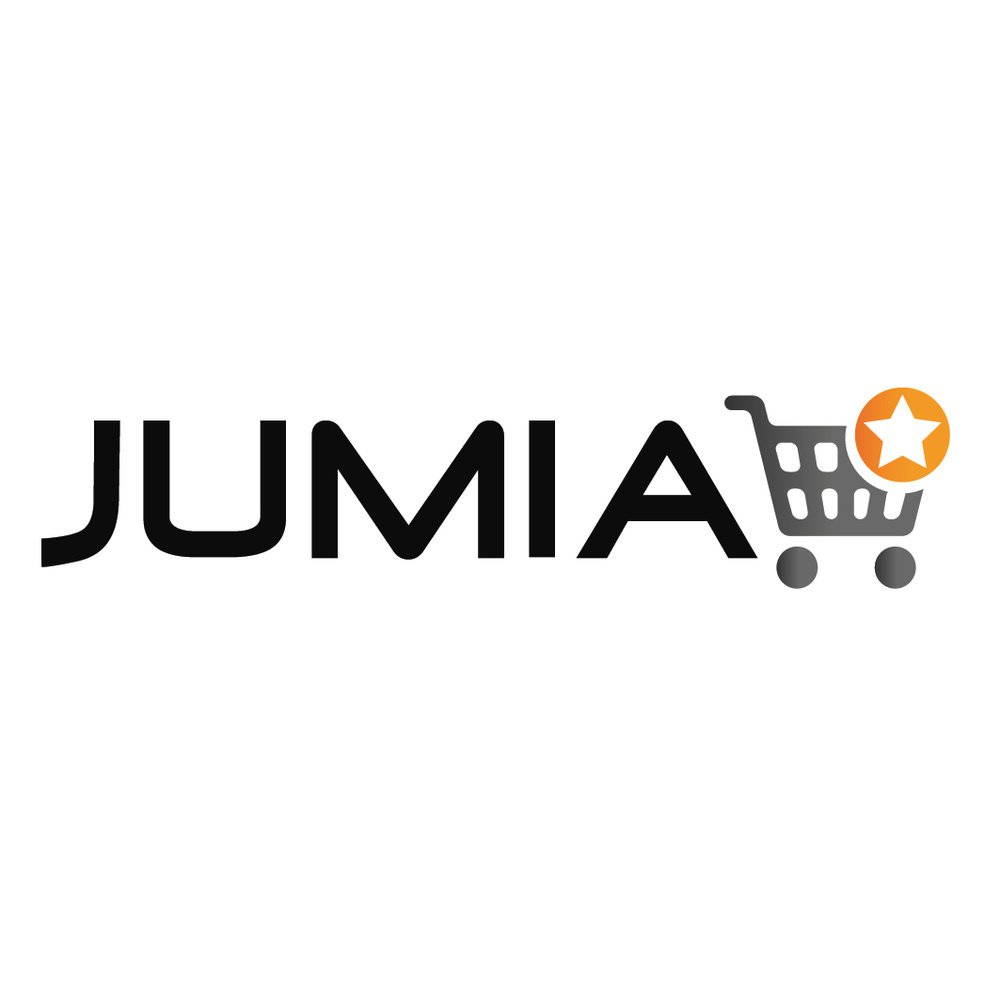Jumia has closed its operations in Cameroon, laying off all of its staff and removing the country from the list of countries it covers. The move comes the week after the online retailer posted quarterly financial results showing that losses were widening. Is Jumia a bum bet? We don’t think so.
First, a look at Jumia’s recent results announcement: growth is still strong: revenues rose by 19.1% compared to Q3 2018 – up from €33.6m to €40.1m. Better still, marketplace revenue – about half of Jumia’s revenues, grew increased by 52.1% over the comparable period in 2018. Gross merchandising volume (GMV) rose by 38.8% from €198.4m in Q3 2018 to €275.3m in Q3 2019 (GMV is a somewhat controversial metric: it is total value of orders for products and services including fees and taxes but before deductions, discounts and cancellations). Annual active consumers rose by 2m to 5.5m users since Q3 2019. The number of orders on Jumia’s platform increased by 95.2% from 3.6m in Q3 2018 to 7.0m in Q3 2019.
The problem is the rate of cash burn.
What Jumia calls General and Administrative Expense, Technology and Content Expense rose by 38.3% compared to the same quarter in 2018. Sales and advertising costs rose by 6.3%. Quarterly operating losses rose from €40.6m to €54.6m – an increase of 34.6%.
Here’s what Trendtype wrote in April this year, when Jumia’s share price was skyrocketing:
“Trendtype believes it [Jumia] is in too many small country markets it can enter at a later date without costing it any real first mover advantage. Is it really worth Jumia devoting resources to Senegal or Cameroon right now that could be better used in Nigeria, for example? Our experience of bricks and mortar retailers is that wide, shallow country coverage is expensive and counterproductive.”
Since then, Jumia has been kicked mercilessly by shortsellers, particularly over claims it has played fast and loose with some of its key metrics and misled investors. From highs of $46.99 after its IPO its share price has dipped once more this week and it now trades at an all time low of $5.17.
We should note that we’re Jumia believers, despite all this and that most market watchers underestimate where the value of the business lies. It’s not in converting African consumers to leapfrog into avid online shoppers, at least not in the foreseeable future.
Jumia’s value is not as a retailer of physical stuff.
Rather, it is Jumia the platform – the gateway to 5m mostly wealthier consumers. Hard to reach consumers. Consumers who do actually value the cost savings, convenience and offer of Jumia’s services like fast food ordering, travel or insurance. Consumers who are driving growth in the part of Jumia’s business that is cheaper to operate than its pure retail arm.










